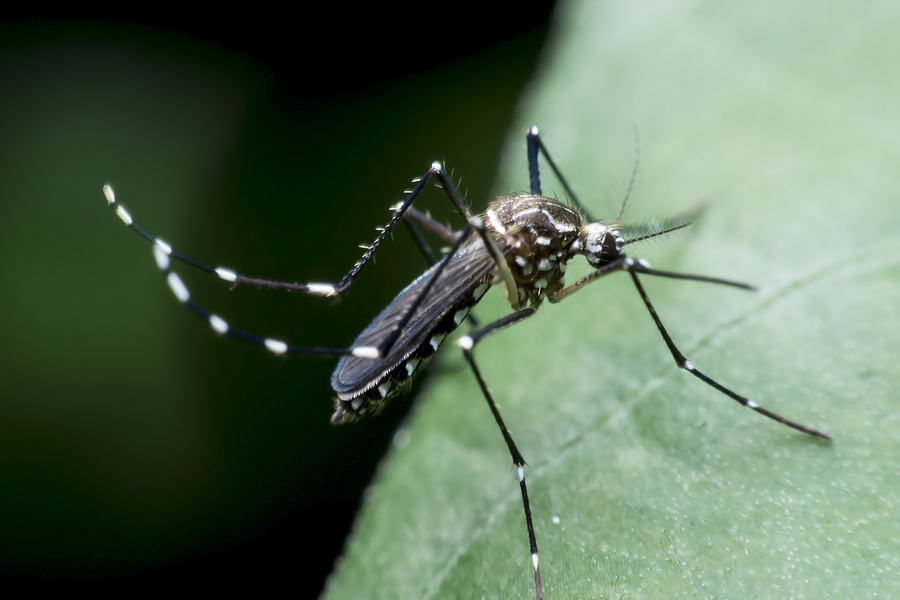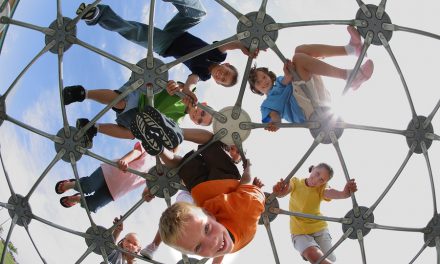The Link Between Mosquito Spraying and Autism
A new study has found a correlation between the aerial spraying of mosquito killing pesticides and an increased risk of developmental delays and autism among kids. The study was presented at the 2016 Pediatric Academic Societies meeting.
For the study, researchers looked at the rates of autism and developmental delays from eight zip codes in a region of New York which is exposed to yearly airplane pesticide spraying (meant to prevent mosquito-borne disease like eastern equine encephalitis virus). They then compared those rates in 16 different zip codes where the spraying doesn’t happen.
For kids living in zip codes where spraying happened each summer, there was about a 25% higher risk of an autism diagnosis or developmental problem, compared to kids who lived where no spraying was done. It seems that the way pesticides are applied might have something to do with the correlation; there are animal studies which show that pesticides can affect certain neurotransmitters in the brain, however, their exact effects on brain development are still being studied.
From the TIME article:
“The study only shows a correlation between the two and does not show that aerial pesticide spraying causes autism. It also does not provide information about whether a child could have been exposed during pregnancy or after birth. Aerial spraying is a common mosquito control tool, and states in the U.S. are ramping up efforts to control mosquito populations amid the ongoing Zika outbreak. The study authors state that the findings are not strong enough to change mosquito control practices.”
It doesn’t come as a surprise that doctors don’t feel like this data is sufficient enough to stop the spraying but there are actually plenty of reasons: damage to other species, environmental effects, and the simple fact that no long term studies have been done to show its safety for humans and animals.
So, while the spraying is going to continue, its best to stay indoors, cover your garden, and cover your kids outside play equipment. Stay safe.
Source: Time












